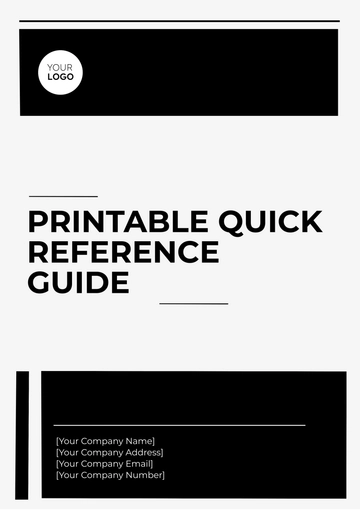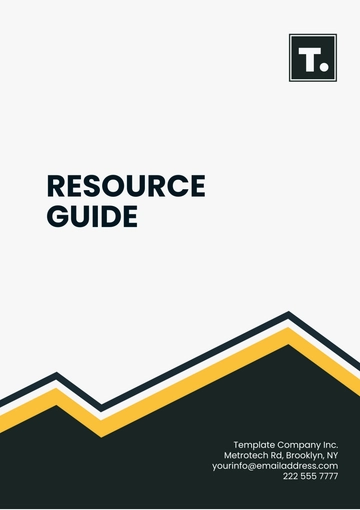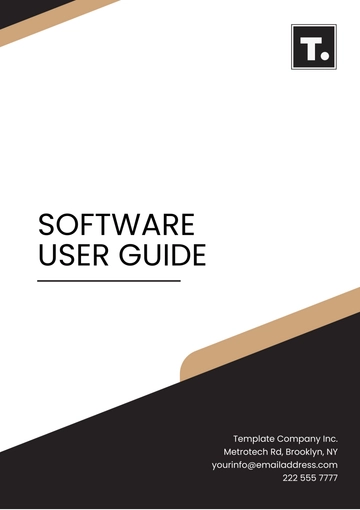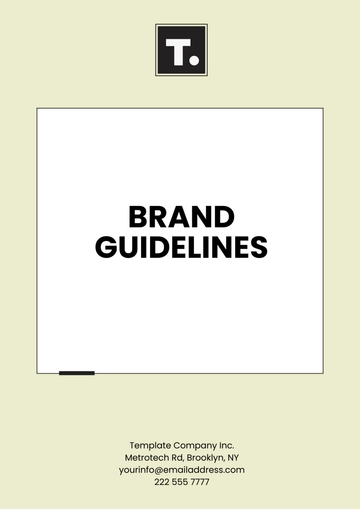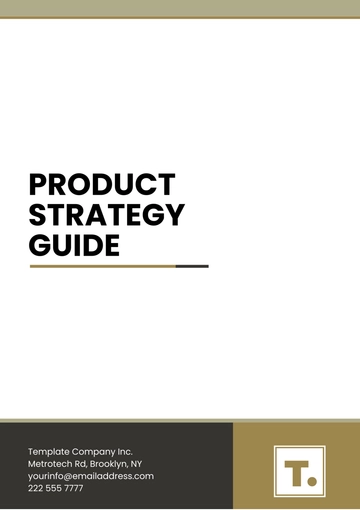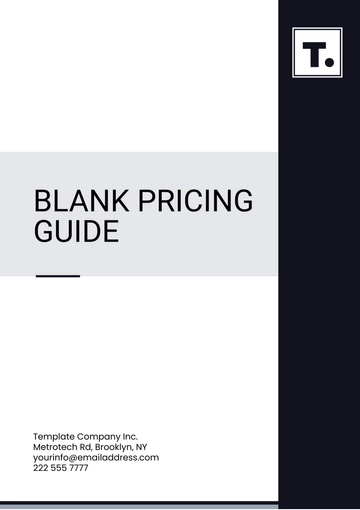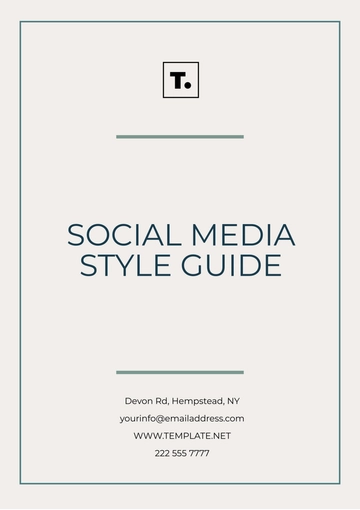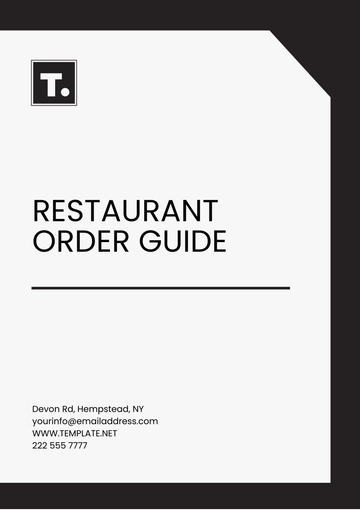Free Influencer Legal and Ethical Advertising Guide
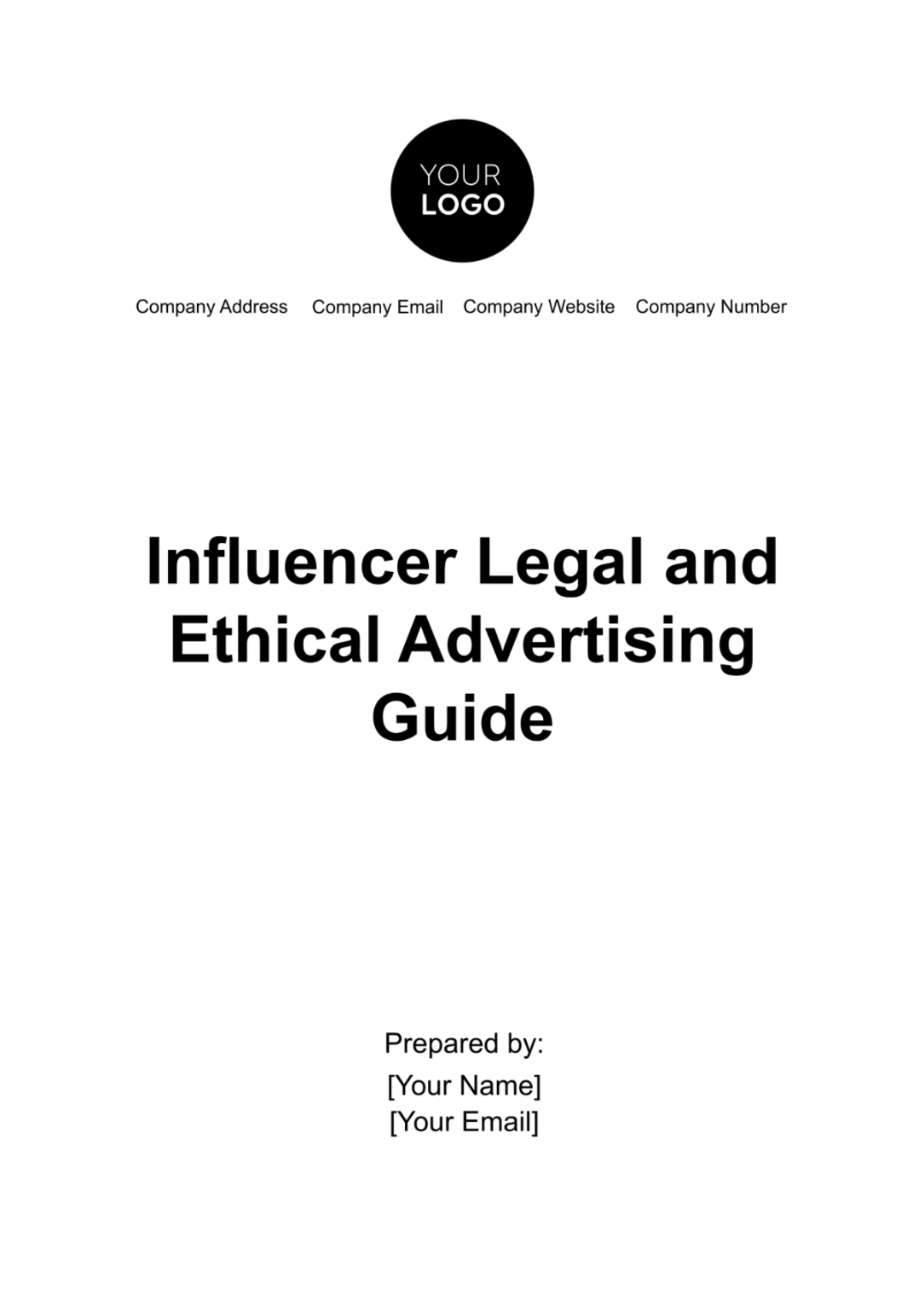
1. Introduction
In the rapidly evolving realm of digital marketing, influencer advertising has emerged as a pivotal strategy for brands like [Your Company Name]. However, this innovative approach brings with it a unique set of legal and ethical challenges that must be navigated with care and precision. This guide is meticulously crafted to provide [Your Company Name] with an in-depth understanding of these crucial aspects, ensuring that all influencer marketing activities align with the highest standards of legal compliance and ethical conduct.
As influencer marketing blurs the lines between personal opinion and paid endorsement, it becomes imperative to adhere to stringent regulatory standards. This not only includes compliance with local and international advertising laws but also encompasses adherence to guidelines set forth by regulatory bodies like the Federal Trade Commission (FTC) and other relevant authorities. The guide delves into key areas such as transparent disclosure practices, truthful representations, and the safeguarding of consumer trust.
Moreover, ethical considerations play a significant role in maintaining the integrity of your brand. This involves ensuring authenticity in endorsements, respecting audience sensitivities, and upholding data privacy standards. By adhering to these ethical practices, [Your Company Name] not only fortifies its reputation but also fosters a trustworthy relationship with its audience.
This guide serves as a comprehensive roadmap for [Your Company Name], aiding in the navigation of the complex legal and ethical landscape of influencer advertising. It equips the company with the necessary knowledge and tools to conduct responsible, effective, and compliant marketing campaigns.
2. Legal Framework
The influencer marketing landscape is governed by various legal frameworks that vary across different jurisdictions. It is crucial for [Your Company Name] to be aware of these laws to ensure compliance in its influencer marketing campaigns. The following table outlines the key advertising laws in different regions, their primary provisions, and the implications these have on influencer marketing.
Table Overview
This table illustrates how different jurisdictions have unique laws that impact influencer marketing. It is a crucial reference for [Your Company Name] to understand and adhere to these legal requirements.
Jurisdiction | Relevant Law | Key Provisions | Impact on Influencer Marketing |
United States | FTC Endorsement Guides | Mandatory disclosure of any brand relationships. | Influencers must explicitly disclose sponsorships. |
European Union | EU Unfair Commercial Practices Directive | Prohibition of misleading and aggressive practices. | Content must be truthful, and clear, and cannot deceive consumers. |
Australia | Australian Consumer Law | Requirement for honesty in advertising, avoiding deception. | Influencers must ensure all claims are verifiable. |
Canada | Competition Act | Prohibition of false or misleading representations. | Mandatory truthful representation of products/services. |
United Kingdom | CAP Code (UK Code of Non-broadcast Advertising, Sales Promotion, and Direct Marketing) | Must not be misled by inaccuracy, ambiguity, or exaggeration. | Influencers need to ensure that all claims are accurate and substantiated. |
1. United States - FTC Endorsement Guides:
Influencers are required to disclose any form of relationship with brands, whether it's a sponsorship, paid partnership, or receiving free products
This transparency is crucial in influencer content to maintain trust with the audience.
2. European Union - EU Unfair Commercial Practices Directive:
This directive ensures that all commercial practices, including influencer marketing, are not misleading or aggressive.
Influencers must present honest opinions and factual claims in their promotions.
3. Australia - Australian Consumer Law:
Influencers are obliged to be honest in their advertising efforts, avoiding any form of deception in their endorsements.
It's essential for influencers to substantiate any claims made about products or services.
4. Canada - Competition Act:
This Act requires all marketing, including influencer marketing, to avoid false or misleading representations.
Influencers must ensure authenticity and honesty in their endorsements.
5. United Kingdom - CAP Code:
Influencer marketing should not mislead through inaccuracy, ambiguity, or exaggeration as per the CAP Code.
All promotional claims need to be accurate and capable of being proven.
By understanding and respecting these diverse legal frameworks, [Your Company Name] can effectively navigate the complex world of global influencer marketing, ensuring compliant and ethical practices across all campaigns.
3. Contractual Agreements
In influencer marketing, the cornerstone of a successful partnership lies in well-structured contractual agreements. These agreements are pivotal for both [Your Company Name] and the influencers, ensuring clarity, fairness, and mutual understanding of the engagement terms. The key elements of these contracts are outlined in the table below, providing a structured view of the typical components and their importance in safeguarding both parties' interests.
Table: Key Elements of Influencer Marketing Contracts
Element | Description | Example/Sample Content |
Scope of Work | Defines the specific tasks, responsibilities, and deliverables expected from the influencer. | "Influencer to create 5 Instagram posts and 2 YouTube videos over 1 month." |
Compensation | Details the terms of payment, including the total amount and the payment schedule. | "Total payment of $[000.00], to be disbursed in two installments: 50% upfront and 50% upon completion." |
Intellectual Property Rights | Clarifies the ownership and usage rights of the content created during the campaign. | "All content produced will be owned by [Your Company Name], with the influencer granted usage rights for 6 months post-campaign." |
Termination Clauses | Outline the conditions under which either party can terminate the contract and the consequences thereof. | "Contract can be terminated with a 14-day notice. In case of early termination, influencer-to-be compensated on a pro-rata basis." |
Scope of Work: This ensures both parties are aligned on the expectations and deliverables, preventing misunderstandings about the influencer's responsibilities.
Compensation: Clearly defined compensation terms eliminate ambiguity regarding payment, fostering a transparent and trustful relationship
.
Intellectual Property Rights: This clause is crucial for protecting [Your Company Name]'s rights to the content produced and outlining the influencer's rights for content usage.
Termination Clauses: These clauses provide a clear exit strategy for both parties, detailing the process and implications of contract termination, thus safeguarding against sudden disruptions.
By meticulously crafting these contractual elements, [Your Company Name] can ensure a smooth, professional, and legally sound collaboration with influencers, leading to successful marketing campaigns.
4. Ethical Considerations
Ethical considerations are paramount in influencer marketing to maintain the trust and respect of the audience. This section outlines the key ethical principles that [Your Company Name] and its influencer partners should adhere to. These principles ensure that the marketing content is not only effective but also aligns with high ethical standards.
Table: Ethical Principles in Influencer Marketing
Ethical Principle | Description | Example/Sample Application |
Transparency and Authenticity | ||
Disclosure Requirements | Ensuring that sponsored content is communicated. | "Influencers must use #ad or #sponsored in posts that are part of the campaign." |
Authentic Endorsements | Promoting products that influencers genuinely use and endorse. | "Influencers should only endorse products they have personally used and believe in, ensuring authenticity in their recommendations." |
Audience Protection | ||
Age-Appropriate Content | Tailoring content to suit the age group of the target audience. | "Content should be appropriate for all age groups, especially if the target audience includes minors." |
Sensitive Topics | Avoiding content that could be offensive or harmful. | "Avoid discussions or representations of sensitive topics such as politics, religion, or potentially triggering content." |
By adhering to these ethical principles, [Your Company Name] and its influencers can foster a marketing environment that is not only effective but also respectful and responsible towards the audience. This approach enhances the brand's reputation and builds long-lasting relationships with consumers.
5. Data Privacy and Security
Data privacy and security are of paramount importance, especially in influencer marketing where personal data can often be involved. For [Your Company Name], ensuring compliance with data protection laws and ethical data usage is crucial to maintain trust and safeguard the privacy of the audience. This section outlines key legal frameworks and best practices related to data privacy in influencer marketing campaigns.
Table: Data Privacy and Security Guidelines
Aspect | Description | Compliance/Application Details |
Compliance with Data Protection Laws | ||
GDPR (General Data Protection Regulation) | For campaigns targeting European audiences. | "Ensure all data collection and processing complies with GDPR requirements, including obtaining explicit consent and allowing data portability." |
CCPA (California Consumer Privacy Act) | For activities involving California residents. | "Comply with CCPA by providing clear notices about data collection and respecting consumer rights to access and delete their data." |
Consent and Data Usage | ||
Obtaining Consent | Guidelines on obtaining explicit consent for data collection and usage. | "Influencers must inform the audience about data collection practices and obtain clear consent, especially when collecting sensitive information." |
Ethical Data Usage | Ensuring ethical handling and usage of collected data. | "Use audience data only for the purposes it was collected for, maintaining transparency and avoiding misuse of personal information." |
Adhering to these guidelines ensures that [Your Company Name] not only complies with legal requirements but also respects and protects the privacy of its audience. This is essential for building and maintaining trust in the brand and its influencer marketing campaigns.
6. Monitoring and Enforcement
For [Your Company Name], ensuring compliance and effective performance in influencer marketing campaigns is essential. This not only involves adhering to legal and ethical standards but also evaluating the effectiveness of the campaigns. Regular monitoring and enforcement mechanisms are vital to maintain the integrity and success of these initiatives. The following table outlines the key aspects of monitoring and enforcement in influencer marketing.
Table: Monitoring and Enforcement Strategies
Aspect | Description | Implementation Details |
Regular Audits | ||
Compliance Checks | Regular reviews of influencer content for adherence to guidelines. | "Conduct monthly audits to ensure all content aligns with legal and ethical standards, including disclosure requirements and truthful advertising." |
Performance Metrics | Evaluation of campaign effectiveness and ethical impact. | "Assess key performance indicators (KPIs) like engagement rates, conversion rates, and audience feedback to gauge campaign success and ethical alignment." |
Handling Non-Compliance | ||
Breach of Contract | Steps to address any breach of contract. | "Implement a clear process for managing contract breaches, including warnings, content removal, or contract termination, depending on the severity." |
Legal/Ethical Violations | Procedures for handling legal or ethical violations. | "Develop a response plan for legal or ethical violations, including immediate corrective actions, legal consultation, and transparent communication with stakeholders." |
By implementing these monitoring and enforcement strategies, [Your Company Name] can maintain a high standard of compliance and performance in its influencer marketing campaigns. This approach not only safeguards the company's reputation but also ensures the long-term success and sustainability of its marketing efforts.
7. Conclusion
This guide serves as a resource for [Your Company Name] to navigate the complex landscape of influencer marketing, ensuring that all campaigns are conducted legally, ethically, and effectively.
[Your Company Name]
[Your Company Address]
[Your Company Phone Number] | [Your Company Email]
[Your Company Website] | [Your Social Media]
This document is confidential and intended solely for the use of the individual or entity to whom it is addressed. If you have received this document in error, please notify the sender immediately.
- 100% Customizable, free editor
- Access 1 Million+ Templates, photo’s & graphics
- Download or share as a template
- Click and replace photos, graphics, text, backgrounds
- Resize, crop, AI write & more
- Access advanced editor
Explore Template.net's Influencer Legal and Ethical Advertising Guide Template: a comprehensive resource for navigating the complexities of influencer marketing. With editable sections and customizable features, ensure compliance and ethical standards effortlessly. Editable in our Ai Editor Tool, it empowers you to align your campaigns with legal requirements and ethical best practices seamlessly.

